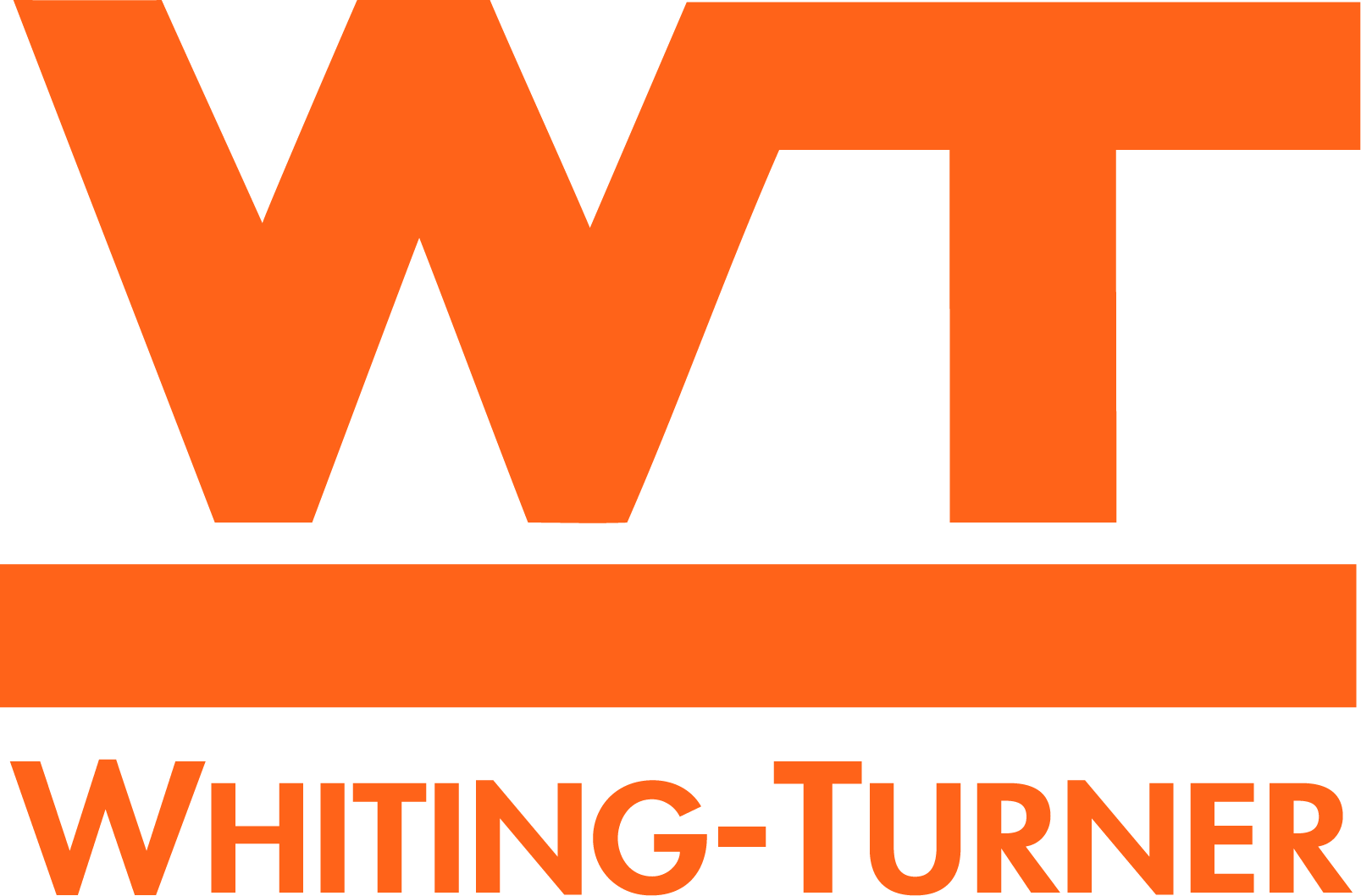University of Missouri, Kansas City Miller Nichols Library Addition
About
THIS PROJECT
The Miller Nichols Library Addition was four-story, 28,000 SF expansion consisting of a high-density storage building to house a new automated storage and retrieval system with bins of archived books and media collections. The facility provides climate-controlled storage for collections totaling approximately 800,000 volumes. The system holds about 80% of the library’s collections to free up space for students and researchers, and it takes up about one-seventh of floor space that would be used by conventional, open-stacked shelving. When a book request is entered, an automatic crane locates the item and delivers it to a pick-up station, a process which takes only four minutes.
The exterior of the building includes a decorative screen with a map of Kansas City taken from a 1926 Chamber of Commerce. The screen is made up of 112 total black stainless-steel panels over 5,000 SF of panel façade. With the help of a local subcontractor and detailed CAD files, the panels were perforated with holes ranging from a quarter of an inch to 1.5 inches. These hundreds of thousands of individual penetrations are then backlit to reveal the map of the city.
The addition took place adjacent to the south side of the existing library and included staff work areas and new mechanical space. The building also features a lush green roof that offers water run-off reduction, reduces roof insulation requirements, creates habitat for insects and wildlife, and contributes to reducing urban air temperatures.
This project received the 2009 Excellence in Concrete Award for Structural Concrete from The Concrete Promotional Group for the complex and structurally unique post-tensioned concrete foundation walls.
PROJECT OVERVIEW
LOCATION:
Kansas City, Missouri
Midwest
CLIENT:
University of Missouri – Kansas City
INDUSTRY:
Community
PRACTICES:
Advanced Delivery Methods
Sustainability
STORIES OF ARCHIVED BOOKS
VOLUMES
SQUARE FOOT EXTERIOR SCREEN
With the help of a local subcontractor, Whiting-Turner was able to work with the University of Missouri and design team to develop a pattern, material and method for completing the exterior screen. Although many challenges were presented, our metal panel subcontractor was able to guide us from one solution to another. We encountered the concern of wind forces and mounting method, which was resolved by forming the panels with a metal break into shoebox lid-like panels with notched edges. These locked into place on metal mounting brackets that are spaced evenly on the structural steel frame.
Our subcontractor also helped us determine the size and quantity of penetrations to achieve the desired appearance. We concluded that anything smaller than a quarter of an inch was too small and anything larger would not translate the pattern. Lastly, oil-canning of the panels was a concern resolved by bracing the backs of each side with clear, Lexan hat-channel ribs that kept the face of the panel straight without blocking light passing through the penetrations.


